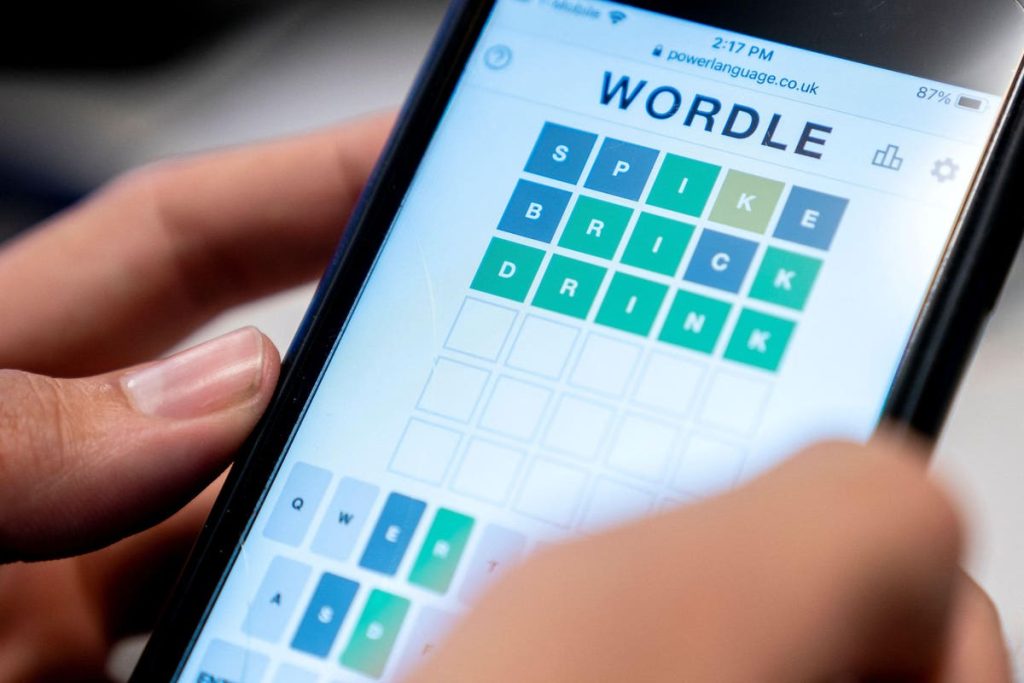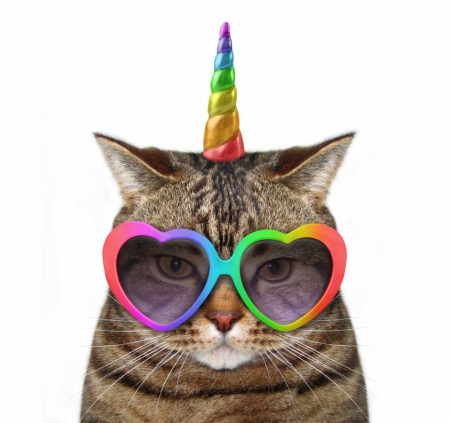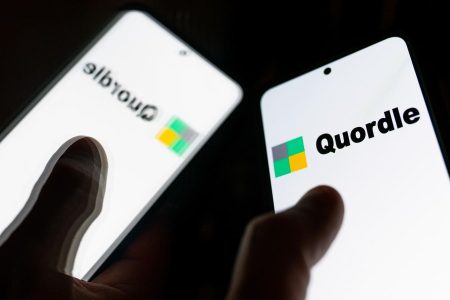It’s an auspicious day for Wordlers! This Saturday we find ourselves at Wordle #777, and as we all know, 7 is a magic number. A number steeped in symbolism and meaning. There are seven days in the week, seven World Wonders, etc. etc. Wouldn’t it have been wondrous strange if we’d gotten Wordle #777 on July, 7th?
If we make it that long, someday in the far-flung history—after all of us are long dead—they’ll be marking their calendars July, 7th 7777. Raise your hand if you think humanity will destroy ourselves (and possibly the world) long before we reach the year 7777!
In any case, we have a Wordle to solve! We can ponder the future of the human species and Mother Earth another time.
How To Solve Today’s Wordle
The Hint: William Whewell gave this word to Michael Faraday.
The Clue: This word has more vowels than consonants.
.
.
.
See yesterday’s Wordle #776 right here.
Wordle Bot Analysis
A tricky word today, and one that I had to Google because I really couldn’t recall what it meant. Here’s the definition:
The Anode is the negative or reducing electrode that releases electrons to the external circuit and oxidizes during and electrochemical reaction. The Cathode is the positive or oxidizing electrode that acquires electrons from the external circuit and is reduced during the electrochemical reaction.
In any case, my opening guess—winey—left me with a manageable 72 words to choose from. I tried to narrow that down by guessing mostly new letters and rearranging the ‘N’ into the final box, which gave me two more yellow boxes. I now had four of the five letters I needed. Alas, on guess number three I chose atone which was so close but no cigar.
Anode was the only word remaining, and I got in on Guess #4.
Today’s Score
Alas, I get zero points for guessing in four and -1 for losing to the Bot, who got it in just three. -1 for me today!
Today’s Wordle Etymology
The word “anode” has its origins in Greek. It comes from the Greek word “ánodos,” which is a combination of “ana,” meaning “up” or “against,” and “hodos,” meaning “way” or “path.”
In the context of electrochemistry, the term “anode” was introduced in the early 19th century by the English scientist Michael Faraday. He used it to describe the electrode at which current flows into a polarized electrical device, such as a battery or an electrolytic cell. The choice of the term “anode” was influenced by its Greek roots, indicating that it is the path or way through which positive electric current flows.
Conversely, the term “cathode” (the electrode at which current leaves the device) was derived from the Greek word “kathodos,” where “kata” means “down” or “along” and “hodos” again refers to a path or way.
So, the etymology of the word “anode” reflects its function as the electrode where electric current enters a device, based on the concept of a path or way against which the current flows.
Play Competitive Wordle Against Me!
I’ve been playing a cutthroat game of PvP Wordle against my nemesis Wordle But. Now you should play against me! I can be your nemesis! (And your helpful Wordle guide, of course). You can also play against the Bot if you have a New York Times subscription.
- Here are the rules:1 point for getting the Wordle in 3 guesses.
- 2 points for getting it in 2 guesses.
- 3 points for getting it in 1 guess.
- 1 point for beating Erik
- 0 points for getting it in 4 guesses.
- -1 point for getting it in 5 guesses.
- -2 points for getting it in 6 guesses.
- -3 points for losing.
- -1 point for losing to Erik
You can either keep a running tally of your score if that’s your jam or just play day-to-day if you prefer.
I’d love it if you gave me a follow on Twitter or Facebook dearest Wordlers. Have a lovely day!
As always, I’d love it if you’d follow me here on this blog and subscribe to my YouTube channel and my Substack so you can stay up-to-date on all my TV, movie and video game reviews and coverage. Thanks!
Read the full article here










